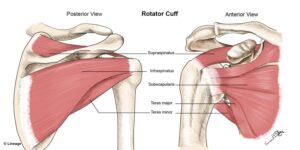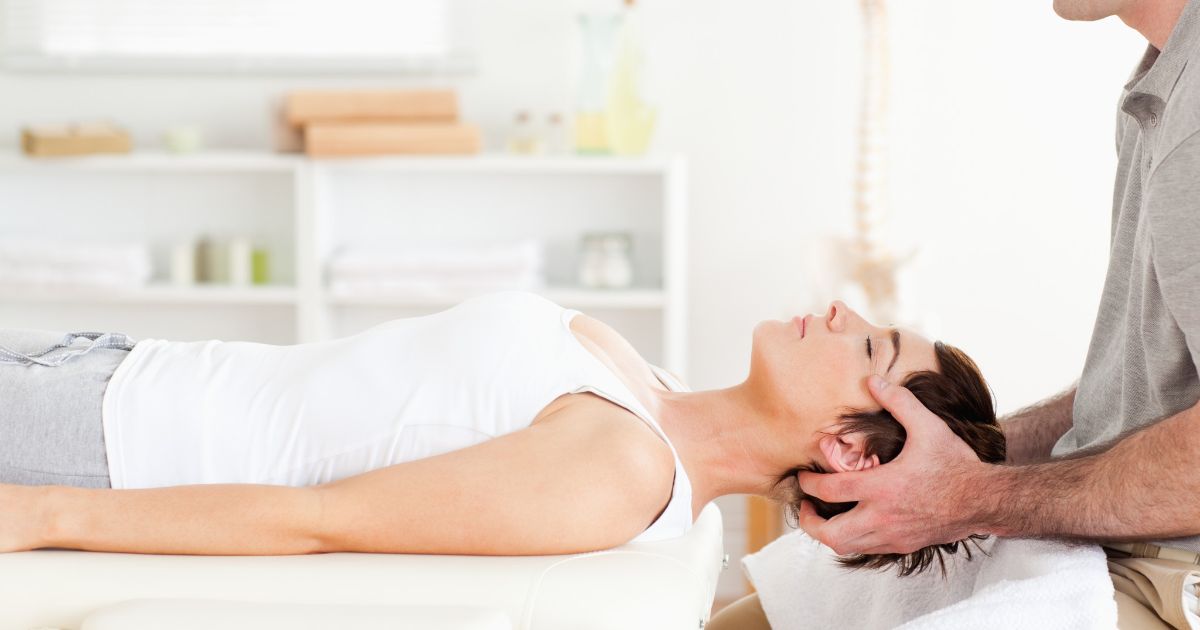
1. Move Through a Full Range of Motion DAILY
Joints love to move. Moving your joint through its full range of motion on a regular basis helps maintain joint mobility and allows for adequate nutrition and blood flow to be supplied to the joint. The shoulder is one of the most mobile joints in the body with a variety of muscular, ligamentous, and capsular attachments, making it even more important that each motion (ex. flexion, adduction, internal rotation) is performed on a daily basis.
For some daily Shoulder Motion to Practice for Mobility Click Here
2. Pull More than you Push
Resistance training is an excellent way to keep your shoulders strong and healthy. Performing Pushing Exercises for the chest and deltoid, Pulling Exercises for the upper back and lats as well as shoulder exercises for the lateral/posterior deltoid and rotator cuff are integral for long term shoulder health and function.
In order to weight train appropriately without over-taxing your shoulder joint, you should be performing 2-2.5 times as many pulling exercises (pull-ups, rows) as pushing exercises (bench press, pushups).
For more specific exercises to strengthen the shoulder safely see our “Upper Body Training” Playlist on our Youtube channel Here.
3. Train your Shoulder Mobility
Many of you train to become stronger, faster, lose body fat, etc. But do you train for mobility? Mobility is a physical capacity just like strength and speed are, it must be trained deliberately on a regular basis to see a noticeable improvement.
Performing the Shoulder CARs variation seen above is a great starting point but there are also a number of ways to improve range of motion and motor control long term without excessive stretching and soft tissue therapy.
At our clinic, we use a system called Functional Range Conditioning in order to work with patients to improve usable mobility long-term.
4. Show your Shoulder Blades Some Love
We cannot have a conversation about shoulder health without talking about the shoulder blades. The Shoulder Blade (Scapula) is intimately connected to the shoulder both structurally and functionally. If the shoulder blades do not move properly and the muscles connecting the shoulder to the shoulder blade are not engaged, the shoulder will never be able to express its full range of motion.
The Scapula, Humerus, and Cervical Spine (Neck) work together to allow for clean and efficient movement of the upper extremity. When working on shoulder health… Keep your Scapula strong and mobile!
5. Strengthen the Small Stabilizers of the Shoulder
“The Rotator Cuff” has gained a lot of attention over the years as it is an area that is frequently injured and deconditioned. The Rotator Cuff is a group of muscles made up of the Supraspinatus, Infraspinatus, Teres Minor, and Subscapularis. The role of the “Rotator Cuff” is not only to rotate the shoulder but also to stabilize the shoulder during motion and should be trained in both functions. 
Additionally, the muscles of the rotator cuff often become tight and overworked in individuals involved in powerlifting, Olympic weightlifting, boxing, tennis, golf, and baseball. For these types of issues, we often use manual therapy techniques such as Active Release Technique to resolve the tightness and poor tissue quality of these muscles.
6. Develop Adequate Thoracic (Upper Back) Mobility
The era of technology and long work hours has caused many of our upper backs to become immobile and excessively rounded (flexed). Regular Motion of the thoracic spine into extension and rotation is critical for upper body and shoulder health. Here are a few variations on training Upper Back Extension and Upper Back Rotation.
The shoulder is most comfortable moving with a neutral or extended upper back, so be sure to get your upper back adjusted regularly to keep a strong posture when moving the shoulder!
Be sure to follow our “Shoulder Series” to gain valuable insight on shoulder health! We will be sharing practice tips to improve in each of these areas on our Instagram.
These are general guidelines that may not apply to you. If you are experiencing any shoulder pain we recommend that you are assessed by a health care professional.
If you or someone that you know is currently dealing with shoulder pain and would like an evaluation and customized treatment plan, please reach out! We’d love to help you.


